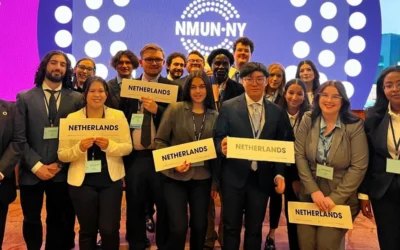A war instigated by the “owner” of the blackest black and his envious peers has resumed in the art community. British artist Anish Kapoor has been holding exclusive rights to the Vantablack pigment, originally invented for scientific uses, since 2014, and it is by far the blackest colour ever existed. Needless to say, his privilege has elicited strong criticism in the art world. English painter Christian Furr argues that monopolising a material is unreasonable. Artist Stuart Semple has released “The World’s Pinkest Pink,” “The World’s Greenest Green,” “The World’s Most Glittery Glitter,” “The World’s Yellowest Yellow,” and, most recently, “BLACK” in protest, and those colours are intended to share with all artists but Kapoor.
When artists like Semple frantically strike back at Kapoor’s exclusive rights to the Vantablack pigment, they fail to comprehend the fact that the agreement between Kapoor and the British company who created the pigment is a collaboration. According to The Guardian, because Kapoor has “collaborated with people who make things out of stainless steel for years and that’s exclusive,” he may just be the most suitable person who can help with the application of the colour.
Seemingly ludicrous and petty, artists claiming rights over a colour is not complex to understand. Human nature, if not more so, is rendered powerfully and evocatively in the art community. Being an artist suggests originality and uniqueness. To Kapoor, owning a colour gives him a superior status and honour in the art world. The jealousy over his private possession urges his peers to start coveting; humans covet when they yearn for something they cannot attain. And it all leads to retaliation in the fashion of mimicking what Kapoor has done.
Colours are associated with symbolism and emotions. Black isn’t just any colour, either it hides it all, and it intimates all other colours for its mystery and protective power. It could mean the beginning of everything (black hole) and the end of everything (death). Vantablack, the closest material to a black hole, absorbs all other colors, and, as Kapoor himself put in The Guardian, “It’s literally as if you could disappear into it.” Also, it provokes intense emotions as one comes close to it. Any artist would recognize its irreplaceable potential and desire to possess it.
Possessing something unique and extremely desirable gives Kapoor a brand-new identity as an artist. If he did not claim the material, however, others might not even make a fuss about the whole situation. Because the material is forbidden, it is thus mysterious and entrancing. And it is because of the fear of unknown that other artists crave for a touch and a taste of it. As to Kapoor, not only does he come off as supercilious, he probably also feels freer than his peers. Because he is the sole artist in the world who can come close to this unique material, he has the possibility to explore a different realm via the colour. Human insecurity and vulnerability are thoroughly epitomized in this war.
Every one of us is somewhat rebellious and insecure deep in the soul. We yearn for something we cannot have, and we defend ourselves due to the fear of the person who possesses it. Because we cannot fathom what the owner could do with the thing we are hungry for, we jump to our feet and oppose, and sometimes, we retaliate to show intimidation. Still, artists should not forget that it is what they can create matters, not the materials they apply. Exclusively retaining a material does not necessarily mean success; it could lead to nothing if the possession itself outweighs the utilization.
So, yes, go back to your work, you hooligans.
Cover photo by team art in berlin – Anish Kapoor Berlin, CC BY-SA, edited.




0 Comments